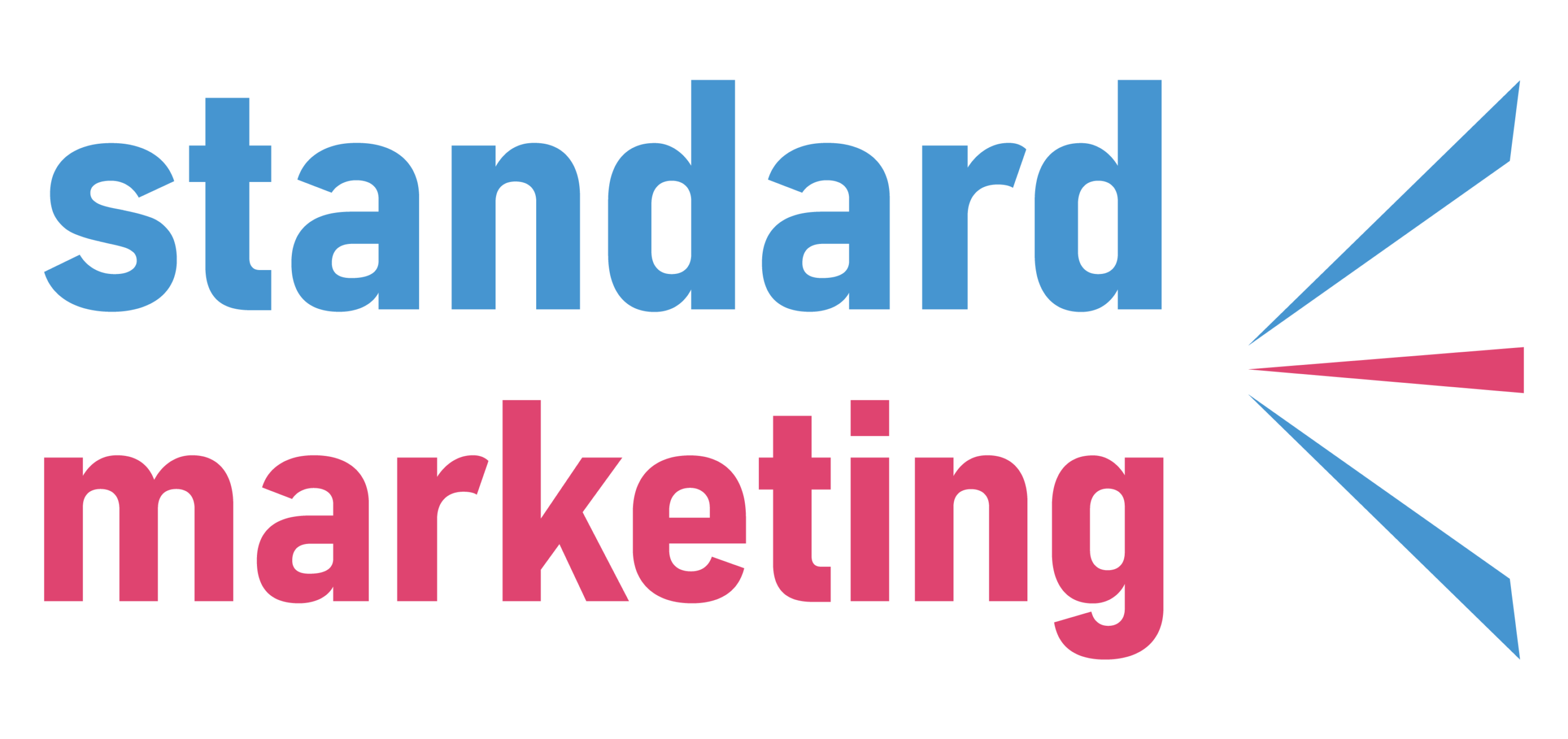In the fast-paced world of coaching, where competition is fierce and differentiation is key, mastering your brand voice is not just advantageous; it’s essential for success. Your brand voice embodies the very essence of your coaching business, encapsulating its personality, tone, and emotional resonance with your audience. It’s the thread that weaves through every interaction, from your website copy to your social media posts, guiding how you communicate and connect with potential clients. In this insightful blog post, we’ll embark on a journey into mastering brand voice: coaching strategies that can elevate your business to new heights and set you apart in a crowded market.
As we explore the intricacies of crafting a compelling brand strategy, unlocking effective client attraction techniques, and harnessing the power of social media and content marketing, you’ll gain invaluable insights into shaping your brand voice to resonate authentically with your target audience. Whether you’re a seasoned coach looking to refresh your brand identity or a budding entrepreneur seeking to establish your presence in the coaching landscape, this article will equip you with the knowledge and strategies needed to carve out your niche and cultivate meaningful connections with clients. So, let’s dive in and discover the transformative potential of mastering brand voice: coaching strategies for business growth and impact.
Crafting Your Coaching Brand Strategy and Coaching Strategies
Crafting a solid brand strategy is the cornerstone of mastering your brand voice as a coach. This involves delving deep into what makes your coaching services unique and valuable to your target audience. Start by defining your unique value proposition – what sets you apart from other coaches in your industry? Perhaps you have a special approach or expertise that resonates with a specific segment of clients. For example, suppose you’re a health coach with a background in nutrition and fitness. In that case, your unique value proposition might be your ability to create personalized meal plans that cater to each client’s dietary needs and fitness goals.
Next, it’s crucial to understand your target audience inside and out. Who are they? What are their pain points, desires, and aspirations? By getting to know your audience deeper, you can tailor your brand voice and messaging to resonate with their needs and emotions. For instance, if you specialize in career coaching for recent college graduates, your brand voice might be youthful, energetic, and empathetic, reflecting the challenges and aspirations of your target demographic. Crafting your coaching brand strategy lays the foundation for effective client attraction and long-term business success.
Effective Client Attraction Techniques Unveiled
Attracting clients to your coaching business requires more than just hanging up a shingle and waiting for them to come to you. It takes proactive effort and strategic thinking to draw in your ideal clients and convert them into paying customers. Effective client attraction techniques involve leveraging your unique value proposition to create irresistible offers and messaging that speak directly to your target audience. For example, suppose you’re a mindset coach specializing in helping clients overcome self-limiting beliefs. In that case, your client attraction strategy might involve offering a free “Unlocking Your Full Potential” webinar to attract individuals struggling with confidence and self-esteem issues.
Networking is another powerful client attraction technique for coaches. You can expand your network and gain valuable referrals and opportunities by building relationships with fellow professionals, industry influencers, and potential clients. Attend industry events, join online communities, and join networking groups to connect with like-minded individuals and showcase your expertise. Additionally, don’t underestimate the power of word-of-mouth marketing. Encourage satisfied clients to spread the word about your services and share their success stories with others. Effective client attraction techniques involve a combination of strategic positioning, networking, and word-of-mouth marketing to attract and retain your ideal clients.
Leveraging Social Media for Coaches
Social media has become a powerful tool for coaches to connect with their audience and showcase their expertise. By leveraging social media platforms like Instagram, Facebook, and LinkedIn, coaches can reach a wider audience and engage with potential clients personally. Effective social media engagement strategies include sharing valuable content, interacting with followers, and participating in relevant conversations. For example, a life coach could use Instagram to share daily motivational quotes, host live Q&A sessions, and share client success stories to inspire their audience.
Moreover, social media provides an excellent platform for coaches to establish themselves as thought leaders in their respective niches. By consistently sharing valuable content and insights, coaches can position themselves as experts in their field and build credibility with their audience. Additionally, social media allows coaches to engage with their followers in real-time, fostering authentic connections and building trust. For instance, a career coach could use LinkedIn to share industry news and offer career advice, positioning themselves as a go-to resource for professionals seeking guidance.
Maximizing ROI: Marketing Essentials Explained
When marketing your coaching business, maximizing your return on investment (ROI) is essential. This involves allocating your budget wisely and measuring the performance of your marketing campaigns. By investing in strategies with high ROI potential, such as targeted advertising, email marketing, and search engine optimization (SEO), you can ensure that your marketing efforts are generating results. For instance, a business coach could invest in Google Ads to target potential clients searching for business coaching services, maximizing their ROI.
Furthermore, maximizing ROI requires a strategic approach to budget allocation. Coaches should prioritize marketing channels that have proven to deliver the highest return on investment while experimenting with new tactics to diversify their marketing efforts. Additionally, measuring campaign performance is essential for identifying areas of improvement and optimizing future marketing strategies. By tracking key metrics such as conversion rates, cost per acquisition, and customer lifetime value, coaches can gain valuable insights into the effectiveness of their marketing efforts and make data-driven decisions to maximize their ROI.
Niche Targeting: Reaching Ideal Clients
Niche targeting is another crucial element in honing your brand voice as a coach. By narrowing your focus to a specific niche or target audience, you can fine-tune your marketing messages to resonate deeply with the needs and desires of your ideal clients. For instance, if you specialize in executive coaching for C-suite professionals, you could tailor your messaging to address the unique challenges faced by top-level executives, such as leadership development, strategic decision-making, and navigating organizational politics.
Identifying your niche allows you to speak directly to your target audience’s pain points and aspirations, positioning yourself as the go-to expert in your field. Whether you’re a wellness coach targeting new mothers, a career coach specializing in helping mid-career professionals make a career change, or a finance coach focusing on millennials struggling with debt, niche targeting enables you to establish a strong connection with your ideal clients. By understanding their needs and providing solutions that resonate with them, you can attract and retain loyal clients who value your expertise and unique perspective.
Content Marketing: Engage, Educate, Convert
Content marketing is a powerful strategy for engaging with your audience, educating them about your services, and ultimately converting them into paying clients. By creating valuable content such as blog posts, videos, and podcasts, you can establish yourself as an authority in your niche and build trust with your audience over time. For example, a health coach specializing in plant-based nutrition could create a series of blog posts exploring the health benefits of a vegan diet, sharing plant-based recipes, and debunking common myths about veganism.
Through content marketing, you can showcase your expertise and demonstrate the value you provide to your clients. You can position yourself as a trusted advisor and resource in your field by addressing their pain points, answering their questions, and providing actionable advice. Additionally, content marketing allows you to engage with your audience on a deeper level, fostering meaningful connections and building a community around your coaching brand. As you consistently deliver high-quality content that resonates with your target audience, you’ll attract new clients and cultivate long-term relationships that lead to client loyalty and referrals.
FAQs:
Q: What is brand voice?
A: Brand voice refers to the unique personality, tone, and style of communication that a brand uses to connect with its audience.
Q: How can I attract clients to my coaching business?
A: Effective client attraction techniques include leveraging your unique value proposition, networking with potential clients, and showcasing your expertise through content marketing and social media.
Q: Why is niche targeting important for coaches?
A: Niche targeting allows coaches to focus their marketing efforts on a specific audience with unique needs and desires, making their messages more relevant and compelling.
Conclusions:
Mastering brand voice is essential for coaches looking to differentiate themselves in a competitive market and attract their ideal clients. By crafting a solid brand strategy, leveraging effective client attraction techniques, and embracing content marketing and social media, coaches can establish themselves as authorities in their niche and drive business growth. With the right strategies in place, mastering brand voice: coaching strategies can help take your coaching business to new heights of success.

